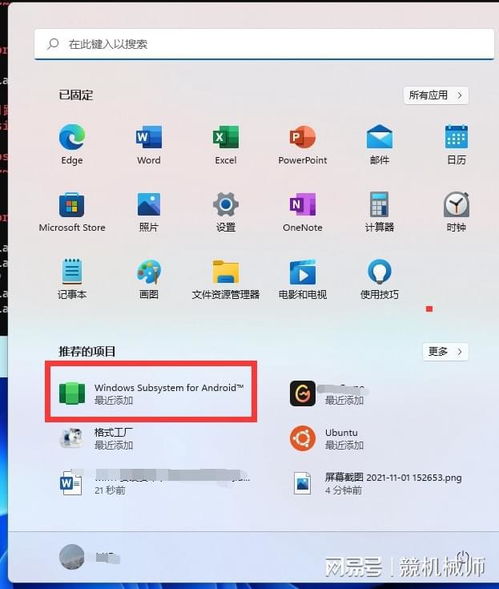
安卓系统的成长经历英文,Evolution of Android: A Journey from Innovation to Industry Dominance
时间:2025-03-30 来源:网络 人气:
Hey there, tech enthusiasts! Ever wondered how Android, the mobile OS that's now a household name, went from a humble start to becoming the giant it is today? Let's dive into the fascinating journey of Android's growth, narrated in the first person, just like you're there, experiencing it all!
The Birth of a Dreamer: 2003

It all began in 2003 when a visionary named Andy Rubin had a dream. He envisioned a mobile operating system that was open-source, flexible, and free for all. That dream led to the creation of Android Inc., a company that would later become the cornerstone of Google's mobile strategy.
The Acquisition: 2005

Two years later, Google came knocking. They saw the potential in Rubin's vision and decided to acquire Android Inc. This was a pivotal moment, as it marked the beginning of Android's journey under the Google umbrella.
The Open Source Revolution: 2005

In 2005, the Android Open Source Project (AOSP) was born. This was a game-changer. By making the source code available to the public, Google opened the floodgates for innovation. Developers from around the world started contributing to the project, and the community began to grow.
The First Steps: Android 1.0 (Cupcake)
In September 2008, Android 1.0, codenamed Cupcake, was released. It was a simple yet functional OS, offering basic features like calling, messaging, email, calendar, and a web browser. It was the first step in a long journey, and it was a solid foundation.
Touching the Future: Android 1.1 (Doughnut)
Just six months later, Android 1.1, codenamed Doughnut, brought multitouch support and a camera to the table. This was a significant leap forward, making Android devices more user-friendly and paving the way for mobile photography.
The Keyboard Revolution: Android 1.5 (Cupcake)
In April 2009, Android 1.5, still codenamed Cupcake, introduced a virtual keyboard. This was a game-changer for mobile productivity, allowing users to type more efficiently on their devices.
Networking the World: Android 1.6 (Donut)
In September 2009, Android 1.6, codenamed Donut, brought Wi-Fi and Bluetooth support. This made it easier for Android devices to connect to the internet and share data, expanding the possibilities for mobile applications.
Multitasking Unleashed: Android 2.0 (Eclair)
In October 2010, Android 2.0, codenamed Eclair, introduced multitasking. This was a significant step forward, allowing users to run multiple applications simultaneously, enhancing the overall user experience.
The Sweetest Turn: Android 4.0 (Ice Cream Sandwich)
In 2011, Android 4.0, codenamed Ice Cream Sandwich, was released. This was a major milestone, as it unified the user interface across different devices, including tablets and smartphones. It also introduced the Material Design concept, which would become a hallmark of Android.
The Android Market: 2009
In 2009, Google launched the Android Market, a platform for developers to distribute their applications. This was a crucial step in fostering the growth of the Android ecosystem, as it provided a marketplace for developers to showcase their creativity.
The Sweet Tradition: Android 1.6 (Donut) to Android 10 (Q)
From Android 1.6 Donut to Android 10 Q, Google has continued the tradition of naming their versions after desserts. This has become a fun and memorable way to track the evolution of the Android OS.
The Future: Android 15 (Vanilla Ice Cream)
In February 2024, Google unveiled the first developer preview of Android 15, codenamed Vanilla Ice Cream. This marks the 15th iteration of the Android OS, and it's clear that the journey is far from over. With each new version, Android continues to evolve, bringing new features and improvements to users around the world.
So there you have it, a whirlwind tour of Android's growth journey. From a simple idea to a global phenomenon, Android has come a long way. And as we look to the future, it's clear that there's still more to come. Who knows what new innovations Android will bring to the table next? One thing's for sure, it's going to be an exciting ride!
相关推荐
教程资讯
系统教程排行













